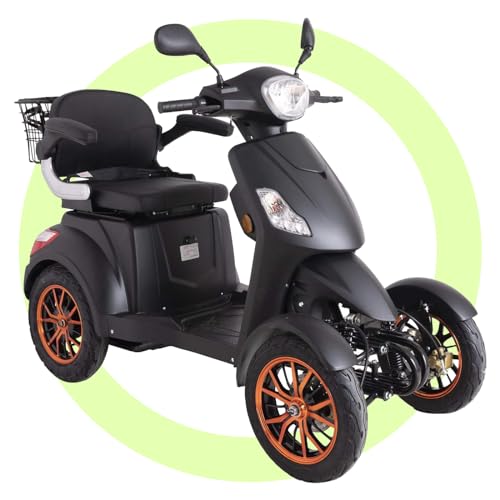What Is Personal Transportation?
Private transportation is the use of privately owned personal transportation vehicles. This includes cars, bikes, scooters unicycles, and other micromobility devices. It can also refer to the use of public transportation systems.
Private transport can help you save time and help you get to your destination faster. It's also more comfortable and provides a level of privacy that's not offered in public transportation.
Cost
Many families discover that the cost of personal transport is a major expense. It can make it difficult for them to save money or invest in other aspects of their lives. The price of fuel can be an expensive expense. The good news is that there are ways to lower your costs for transportation, including by using public transit or carpooling.
Despite these advantages however, some people prefer to use private transport to commute. They consider it to be the most convenient and comfortable way to travel. They can even opt to have their own chauffeur for their journeys. The cost of this kind of transportation is typically more expensive than public transportation, but it can offer greater security and peace of mind.
As EVs benefit from advancements in battery technology and charging infrastructure, among other areas, the future of personal transportation is likely to be electric. Additionally, EVs will have lower emissions than traditional cars and will be more accessible. This will make it easier to switch from gasoline to electric vehicles. This will lower GHG emissions as well as traffic congestion.
Public transport has many benefits and can be an excellent alternative to private transportation. Mass transit is cheaper and greener than private vehicles. It is also convenient and equipped with cameras to ensure passengers security. Additionally, it can help passengers avoid paying maintenance and parking fees. The biggest drawback of public transport is that it can occasionally be slow and unpredictably. Traveling with children or elderly can be a challenge. This can cause delays and result in the cancellation of a medical appointment.
Time
The time required to complete a personal transport task can affect people's lives. People who have a busy schedule often discover that commuting is too long. The option of carpooling, working from home or near their workplaces can help reduce the amount of time they spend the commute. They can also cut down on time by biking or walking instead of driving.

The development of new technologies could revolutionise the personal transportation field. This includes electric vehicles that have solid-state batteries, which provide longer ranges and faster charging times. These technologies can also improve security and reduce traffic congestion by optimising traffic management. Autonomous cars are another major development that can make travel more convenient and comfortable. They can help people stay in shape by keeping moving.
Privacy
Privacy is an essential aspect of personal travel. People who are concerned about privacy prefer to drive or ride in their own vehicles, rather than on public transport where they are sharing space with strangers. Public transport is also viewed as less secure and could negatively impact your personal safety. This is especially relevant for people who are elderly who are more vulnerable to concerns about safety.
Privacy issues are an issue for parents who travel with their children. Children can become stressed by having to share space with other passengers. This can result in behaviors like aggression and hyperactivity. This is why parents are increasingly choosing to travel in private vehicles to ensure their children's safety. This also helps reduce the stress of traveling with children, and the amount of time spent in commuting. electric mobility scooters for sale near me will reduce the cost of childcare.
Convenience
Personal transportation is an integral part of daily life. However, the choice you make can affect your health and wellbeing. It is crucial to think about the pros and cons of each choice before deciding what mode of travel best suits your needs.
Some people prefer public transportation since it is less expensive and requires less maintenance than private transport. It also has a less environmental impact, because it releases less carbon dioxide per person. It can also save you the expense of parking and fuel, as well as allowing you more convenience and flexibility during your daily commute.
However public transport is unreliable and there are risks associated with it. In some cases you could be subject to criminals or not be able to get to your destination in time due to weather-related or mechanical issues. Many bus and train routes are crowded and make it difficult to move around.
On the other side private transportation is a great way to get around in peace and comfort. Private transportation is faster than public transport and you can are able to avoid crowds when traveling in a private car. It is also more comfortable than driving a vehicle since it lets you choose your own route and stops.
Despite all these advantages, the majority of people choose to make cars their primary mode of transportation. It could be due to the fact that they are more comfortable or have a higher worth. Electric vehicles (EVs), which are becoming more affordable and simple to charge, will likely alter the way we travel in the future.
In a recent study, researchers at MIT looked into what factors influence people's modal choices. They found that while safety is an important factor however, it does not play a significant impact on the choice of modal. The most important factors are availability of speed, cost, and availability. This is in line with previous research on modal choice and is likely to continue in the near future. In addition, a new battery technology, which utilizes solid state batteries could further enhance the efficiency of EVs which will allow them to travel further with the same amount of power.
